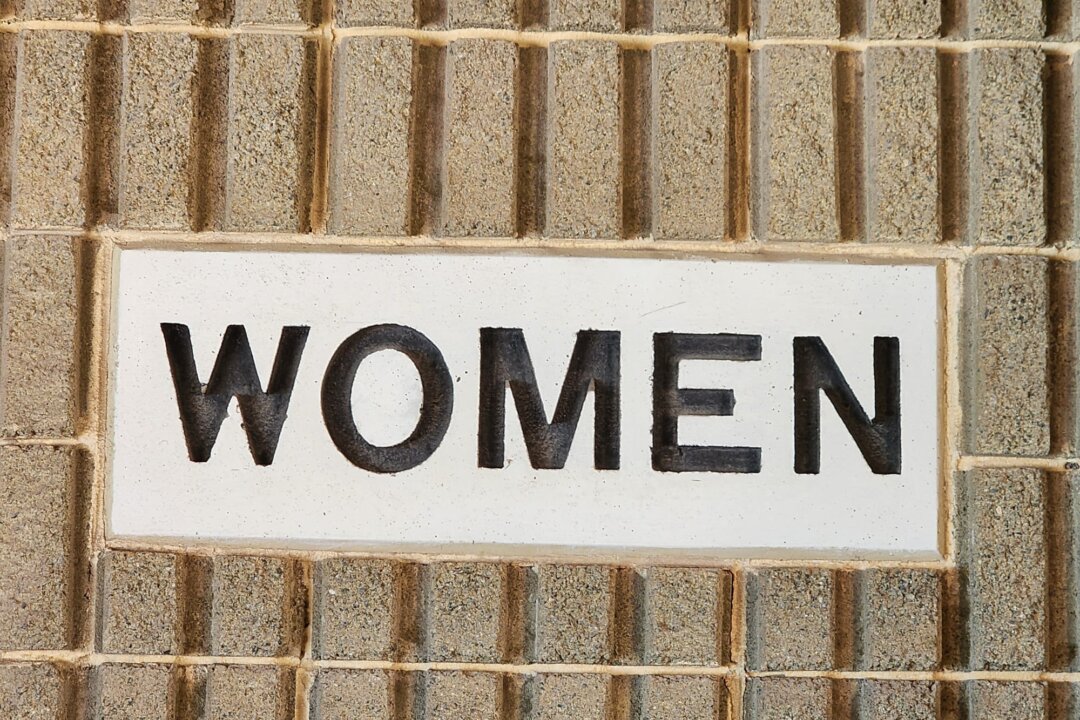Although the party is in government, it has had to introduce a Private Member’s Bill, meaning it may not have the support of its coalition partners.
The conservative NZ First party has introduced a Private Members Bill which would define the meaning of “woman” in law.
Private Members Bills are non-government legislation and are only debated if drawn at random from a ballot. The fact that it has taken this route, despite having four of its eight MPs in Cabinet, suggests the proposal may not get the backing of its coalition partners, National and ACT.
When NZ First announced the policy in the lead-up to the 2023 election, National leader (now Prime Minister) Christopher Luxon said it was not an issue most people thought was important.
“You are on another planet if you want to have a conversation about bathrooms and make that an election issue,” he said.
The bill would stipulate that when “woman” was mentioned in any legislation, currently or in the future, it should be interpreted as “an adult human biological female,” while “man” would mean “an adult human biological male.”
It comes just days after Britain’s Supreme Court ruled that only biological, and not transgender, women meet the definition of a woman under the UK’s laws.
Because each MP is allowed only one bill at a time, its sponsor—NZ First MP Jenny Marcroft—has had to agree to have another of hers withdrawn, which would have forced councils to hold referendums on fluoridation.
The party has also removed from the ballot its “Fair Access to Bathrooms Bill,” which would have fined anyone who used a public bathroom not for their designated sex and required all non-residential, publicly accessible new buildings to provide separate male, female, and unisex bathrooms.

In a statement, NZ First leader Winston Peters said the new bill would “safeguard sex-based protections and the importance of sex-based rights.”
Speaking later to reporters, Peters said the proposal was “not about being anti-anyone or anti-anything” but about focusing on “the facts of biology.”
“You can recall when we talked about women being unfairly competed against in sports, keeping men out of women’s and girls’ changing rooms … some media said we’re going down a rabbit hole, or on another planet, as some politicians said. But look at recent events: the mass majority of New Zealanders want a fair go for women … and not going down some woke leftist ideology track where no one knows what’s what,” he said.
“If you’re going to make a claim that you [are] something you’re not, yes, you will be subjected to a biological test. And why not?”
If passed, the bill would replace laws currently in force in New Zealand that allow people to self-identify and change the sex registered on their birth certificate.
Previously, this could only be done through the Family Court or by providing proof of medical treatment. That law was introduced by former NZ First MP Tracey Martin when she was the internal affairs minister and subsequently passed by the Labour-only government.
Asked how he reconciled allowing that law to be introduced with what the party was now proposing, Peters claimed Martin had introduced it while Parliament was in lockdown and “She got away with doing that behind our backs.”
Speaking from London, where he’s meeting with UK Prime Minister Keir Starmer on defence and trade issues, Luxon said the National caucus would consider the bill if it is drawn from the ballot.
However, he said he had already made his views clear that “pregnant people, frankly, are women.”
“Let’s have some common sense about it, and let’s use some common sense language.”

